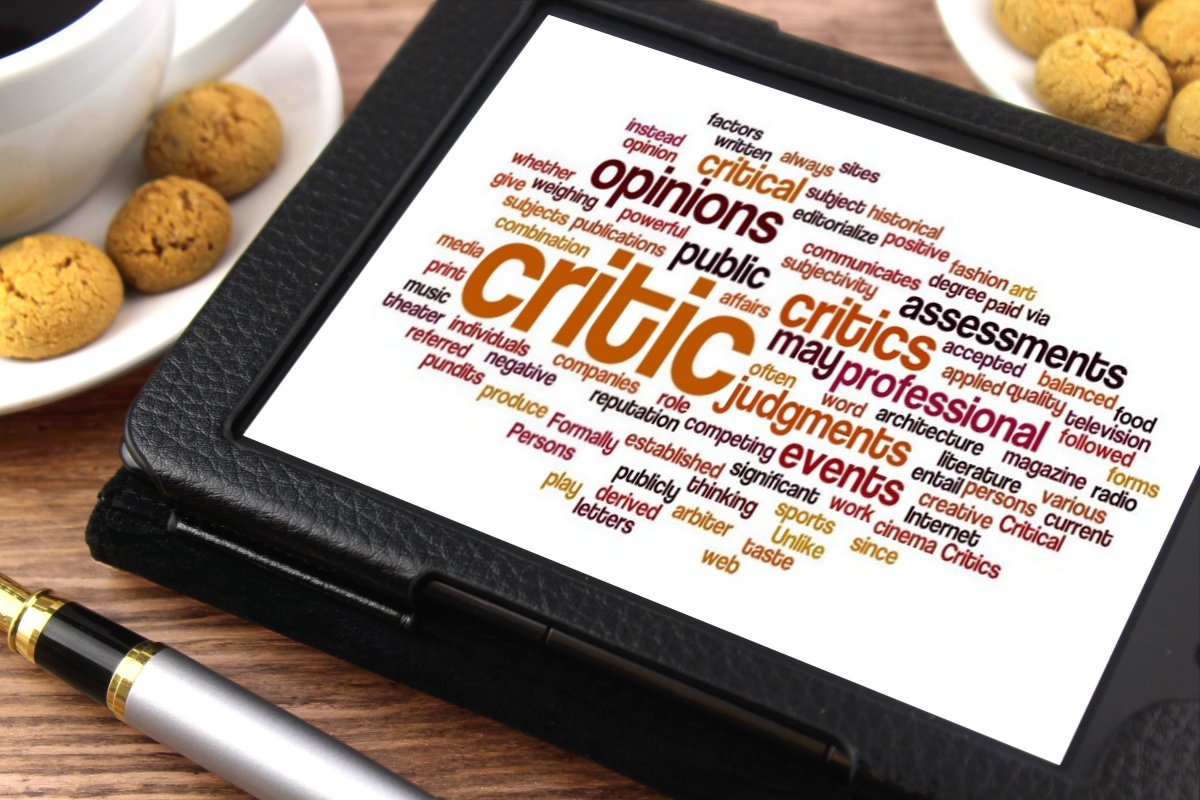There is no doubt that the press is not what it used to be. Nowadays, news outlets are divided along political lines, leaving the public to grapple with which assessment of the same storyline to trust. Thus, instead of bridging divides, the press has come to polarize us even further, and with the rise of former President Donald Trump in the political arena, this neglect of impartiality has become too striking to ignore.
Take Trump’s recent conviction. In the aftermath of the guilty verdict, The New York Times released a piece written by the editorial board titled “Donald Trump, Felon,” which unabashedly labeled Trump a criminal unfit for office. In contrast, Fox News featured less critical headlines like “Does the guilty verdict destroy Trump or make him stronger?” treading lightly around the issue, likely to avoid alienating its predominantly conservative audience.
And while some outlets attempted to keep their partisan biases under wraps, others were not so shy in expressing either condemnation or support for the verdict. For instance, the founder of The Daily Wire, Ben Shapiro, published a piece titled “Trump Found Guilty. Pray for the Republic,” arguing that the verdict was a “joke from the beginning” and a “travesty of justice.” On the opposite end of the spectrum, The Nation, a left-leaning publication, called Trump the “greatest liar of all time” in a piece that openly celebrated the decision.
Another facet of the issue to consider is the selection of sources. At face value, a story may appear objective; however, a closer look into the beliefs and backgrounds of those cited as experts often reveals a potential for bias.
Though I believe there is a place for opinionated journalism, news outlets need to strike a better balance when presenting both sides of an issue. Given the power they wield over the public’s attitudes and perceptions, media outlets have a responsibility to provide all of the information necessary for people to form their own opinions. When personal biases interfere with holistic reporting, the public is disadvantaged, and the very purpose of the First Amendment is undermined.
Though the media’s reaction to the Trump conviction has exposed the severity of this partisan divide within the press, it is not an isolated issue. For years, this phenomenon has poisoned the press, making the pursuit of the truth increasingly challenging. Moreover, partisan journalism has amplified the loudest, most extreme voices, creating echo chambers that have further driven a division across the country.
A study by Pew Research found that 73% of Americans believe that Democrats and Republicans cannot agree on basic facts. This single statistic is both deeply unsettling and frightening. When individuals cannot reason together to solve the world’s problems, how can a democracy thrive? Partisan journalism has therefore not only threatened to undermine fundamental freedoms but also jeopardizes the very essence of American democracy.
If there is a lesson to be learned from this, it is that we must sharpen our media literacy skills. Only through critical reading and analysis can we hope to mitigate the impact of biased reporting and uphold the integrity of the First Amendment.













